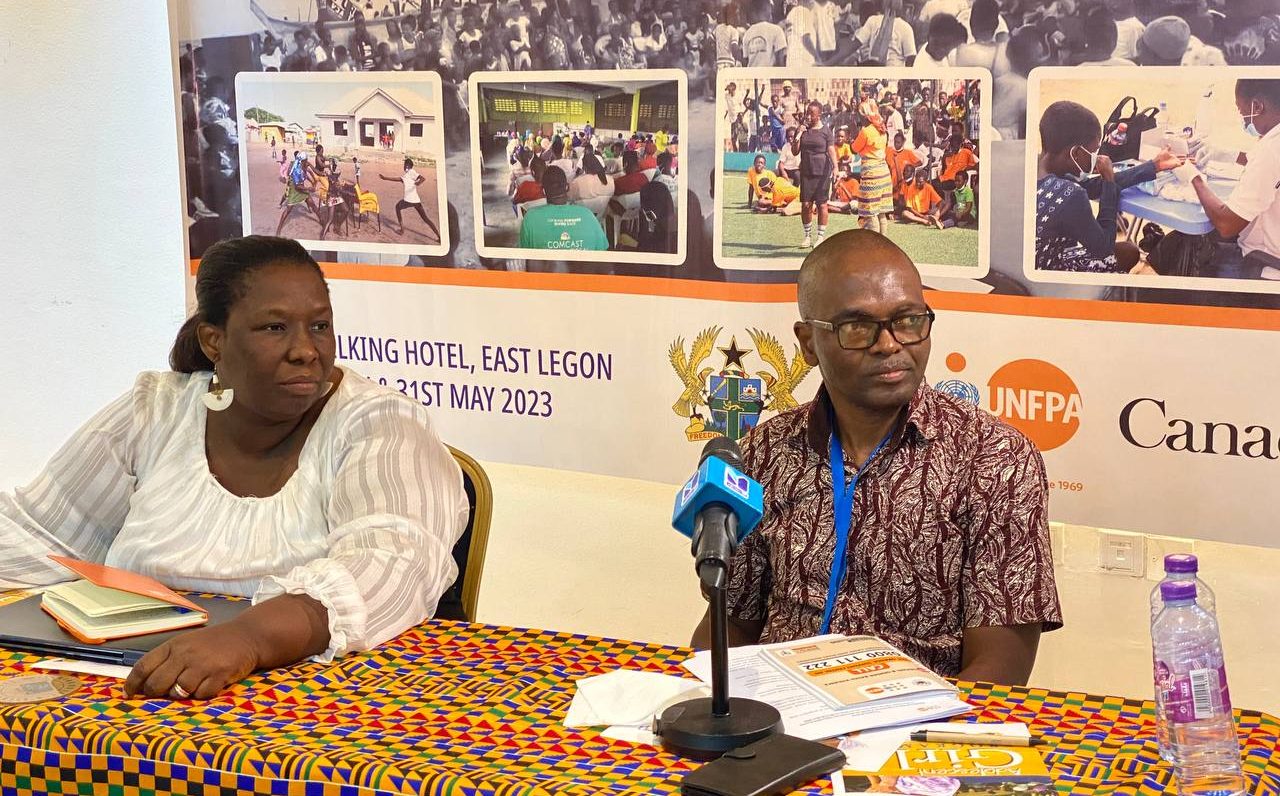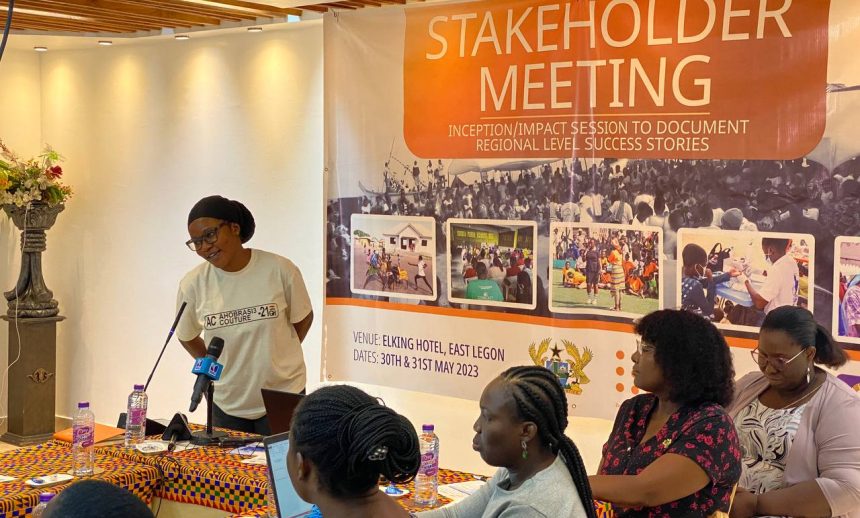The United Nations Population Fund Ghana (UNFPA Ghana) has called on the government, Non-governmental Organizations and the general public to invest in the education of girls across the country.
According to the National Programme Analyst of UNFPA Ghana, Faisal Bawa, the education of girls aid in the eradication of teenage pregnancies and child marriages in the country.
Speaking at a stakeholder meeting to document the regional level success stories of young girls under the UNFPA and UNICEF Adolescent Girl’s Programme, Faisal Bawa highlighted the transformative power of education.
He stressed that education equips girls with knowledge and awareness, enabling them to make informed decisions about their lives and futures.
“I also want to mention the importance of education. The more girls stay in school, the more they delay issues of pregnancy and child marriage. The more they are aware, the more they’re able to say that ‘No, I want to stay safe. I want to do this and that before I think of having my family issues.’ So let’s look at the issues of skills training, economic opportunity, and education for girls as something that has worked. A lot of the girls in the documentary have gone back to school due to this intervention and those are the stories that we need to tell so that when we are coming up with another phase of the project, we know that yes, when we did this in the last time it has worked. So let’s do it again, and let’s expand,” he said.

Faisal Bawa further emphasized the importance of thorough documentation to track progress and inform future interventions. Recognizing the need to move forward effectively, he urged executives of the Purim African Youth Development Platform (PAYDP) – an implementing partner with UNFPA Ghana – to collaborate closely with district offices to gather comprehensive data on achievements, challenges, and impact.
According to Mr. Bawa, documenting successes and challenges is crucial not only for program evaluation but also for providing evidence of impact and showcasing the tangible outcomes achieved. He highlighted the need to capture both quantitative data and personal narratives to paint a comprehensive picture of the initiatives’ effectiveness.
“It is clear that we’ve made some progress. But one important area is the area of documentation of our success and our results. To be able to move forward on some of these programmes, we need to document very well. Where we were, what we’ve done, and where we are. so I’ll urge PAYDP to follow up with some of these district offices, to get some of these data to be able to back what we are saying. Let’s try and document some of these achievement, not only the data, but some of the human faces that come with some of these data, if there are one or two girls that we can highlight their success stories, which I know PAYD has been doing, let’s do it more as part of the closing phase of the programme. These are the documents that, when it goes with the end of project report, when there is a phase two or phase three, then it is clear where our efforts have to be or where we need to concentrate in terms of our efforts. So let’s work on the documentation,” he added.
Faisal Bawa further shed light on the prevalent yet often unaddressed reality that the Ghanaian society tends to ignore — the sexual activity among adolescent girls and boys.
He said, “we all know the girls are having sex, but we pretend as if they are not having sex. That is the issue. And we don’t want to talk about it.”
Acknowledging the importance of abstinence, he emphasized the need to go beyond it and ensure that young people, especially those who are sexually active, receive comprehensive education and empowerment to understand their bodies, protect themselves, and make informed decisions.
Highlighting the alarming statistics of teenage pregnancies in Ghana, Mr. Bawa drew attention to the significant number of adolescent girls affected by this issue.
“If you look at the teenage pregnancy rates in Ghana, over 100,000 every year in the last five years, that’s a huge number of adolescent girls,” he expressed.
The figure reflects reported cases, and the actual numbers may be even higher considering those who do not seek medical assistance or remain undocumented.
Mr. Bawa stressed the crucial role of contraception in reducing unintended pregnancies among sexually active adolescents. While promoting abstinence remains important, he emphasized the urgency to empower both adolescent boys and girls with the knowledge and resources necessary to protect themselves effectively.
The discussion highlighted the need for a comprehensive approach that combines sexual education, access to contraceptives, and the promotion of healthy behaviors among adolescents.
–
Story by: Kelly Adjetey Boye | univers.ug.edu.gh





